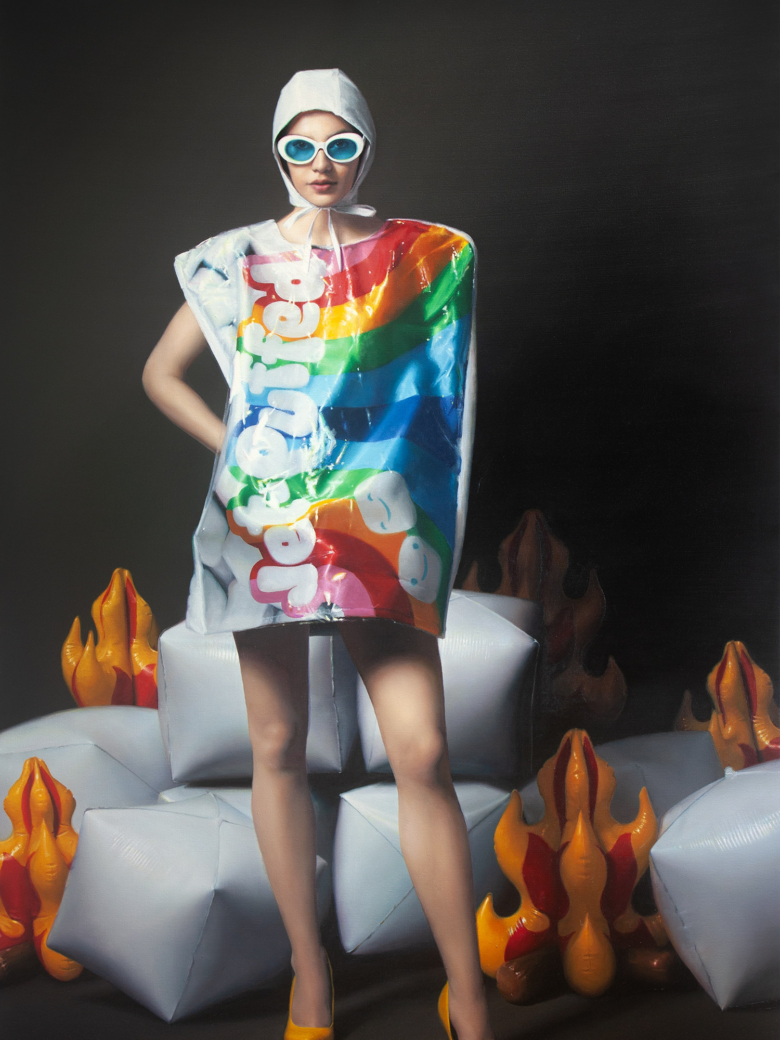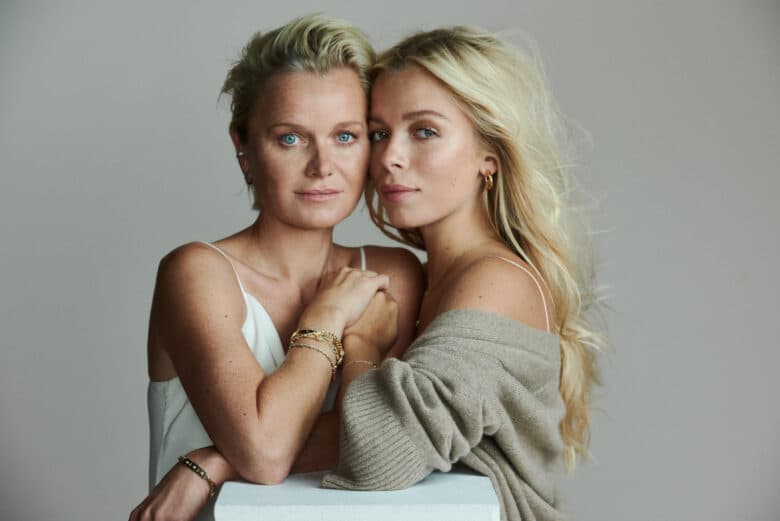Instagram is censoring womxn and marginalised groups
Instagram: whether you love it or hate, you’re probably on it. A snapshot of our inner worlds or at least some kind of insight into how we want the wider world to perceive us, it’s become second nature to scope out people’s IG seconds after meeting — we know this is where the tightly bound secrets of their soul lie. Although Instagram is an integral and established part of our digital lives it’s becoming clearer and clearer with each passing day that expression is being stifled on the platform.
A long-running issue with Instagram has been its tiresome no-nipples rule; whereby images featuring female nipples will be removed on the grounds that they violate guidelines around explicitly sexual content. Not only does this get in the way of thirst traps, it also enforces the idea that the naked female body is inherently sexual. Whilst this clearly isn’t true generally, reports have also shown non-sexual pieces of art and breastfeeding pics all falling foul of the rule, underscoring its illogical bent.
The issues with the platform’s community guidelines come into sharp relief as we begin to consider a wider climate of Internet censorship and its implications for marginalised groups generally and sex workers in particular. Namely, attempts to slap age restrictions on pornography in countries like UK and Australia (often involving mechanisms that run the risk of privacy violations) and the FOSTA-SESTA bill in the US, which has pushed sex workers of platforms like Backpage, Reddit and Craigslist, have translated into aggressive efforts to cleanse safe-for-work websites of sexual content.
This phenomenon can be seen in the creeping demise of Tumblr after its decision to ban NSFW content in 2018, Patreon’s on-going attacks on its adult content creators and Paypal’s continued discrimination against sex workers. With all this in mind, the Internet is beginning to feel like an increasingly segregated place, one where divisions between ‘acceptable’ and ‘unacceptable’ behaviour are not only polarised but also single out sex workers and victimise anyone with a sex-positive platform.
According to individuals in the industry, Instagram have a clear vendetta against sex workers, regardless of what they post on their accounts. Cam model PJ Sage, speaking to Wired, confirms this — drawing attention to the fact that sex workers are often forced to maintain multiple backup counts in the event of an arbitrary suspension from their platform of choice. “You have to treat your Instagram account like one of those burner phones,” he said. “A lot of people always have a few backup accounts with some content posted.”
Whilst sex workers bear the brunt of this sex negative aggression, it also impacts other users on the platform — notably womxn and in particular those who are also queer, people of colour and/or plus-size. Take the example of neo-disco band and IRL lesbian couple Sateen, whose account was deleted in the last days of 2018. Whilst the musicians pose in bikinis and underwear, creating what could be deemed as “sexualised” images, the attack on their account felt inconsistent given the quantity of lingerie and swimwear brands who are able to maintain business as usual on the platform. After regaining access to their account, the duo was quick to point out this double standard; posting an image condemning what they deemed as “the hatred behind Instagram’s transphobic, homophobic and misogynistic actions”.
Recently published research by digital media company Salty backs the notion that, as Sateen have claimed, community guidelines also weaponised against marginalised groups. The report, published in October 2019, determined that “queer folx and women of color [sic] are policed at a higher rate than the general population” and that algorithms responsible for content moderating were at risk of being flagged for “sexual solicitation” or “excessive nudity”. Clearly, Instagram’s approach to enforcing their community guidelines is rather more heavy-handed when it comes to policing the freedom of expression of queer people, women of colour and plus-size people; working to ensure the predominance of white, thin, cis people across the platform.
Some of these issues, ultimately compounded by misogyny, have been experienced by feminist illustrator Venus Libido, whose 127,000 strong following was placed in danger after her account was deleted by Instagram after she called out persistent sexual harassment in her DMs. Whilst she did regain access to her account, the experience was an unwelcome reminder of Instagram’s hostility to womxn and its laissez-faire attitude towards sexism. Speaking to HUNGER about the incident, she argues that it emphasised the platform’s inability to properly deal with incidents of harassment. “I think the most important thing that needs to be addressed is how DM’s are moderated and checked when some one reports something inappropriate,” Venus explains. “When I reported a DM for sending me unsolicited dick pics Instagram said that this wasn’t going against their community guidelines. However as soon as I posted it on my page with an emoji covering his penis my post gets removed.”
It was when she called Instagram out for deleting this post that her account was deleted, something which she argues verges on victim-blaming. “The lines are very blurred in my eyes and the pattern seems to show it silencing the victims instead of punishing the abuser,” she says. However, she admits that Instagram is just a facet of our wider, misogynistic culture. “Sexual harassment isn’t treated seriously offline, let alone online,” she states. “When I came out with my story about the abuse I received in my DMs, so many other women contacted me with similar stories.”
Yet whilst the removal of her Instagram page was no doubt linked to patriarchal attitudes generally, it was also a very specific form of professional violence against her. Having built up a substantial online following its deletion would have had serious repercussions had it not been quickly reinstated. “I would have been in breach of contract with many brands I had partnerships lined up with and planned to have a working relationship with,” she explains. ”Instagram is my biggest source of income which I have built over the last two years and all of my hard work, connections and brand would have been lost.”
In 2020, social media is a double-edged sword. Whilst it allows creators like Venus Libido to circumvent the social restrictions of the IRL world and find their audience, the inconsistent and unfair enforcement of community guidelines leaves their platforms under constant risk. Whilst social media might have once seemed to offer limitless potential for DIY innovation and freedom of expression, those days are gone. Nowadays, efforts to “clean up” the Internet are not only being used to launch virtual attacks on sex workers’ livelihoods but are also compromising the Internet’s possibility of facilitating a more progressive reality offline. Now, we need to come together to protest these guidelines in ways focus on the harms that they can inflict on marginalised and minority users, particularly those whose incomes are made precarious by the constant threat of deletion of deplatforming. It’s not just about freeing the nipple — it’s about the right to freedom of expression for sex workers and other marginalised groups whose voices are being silenced.

